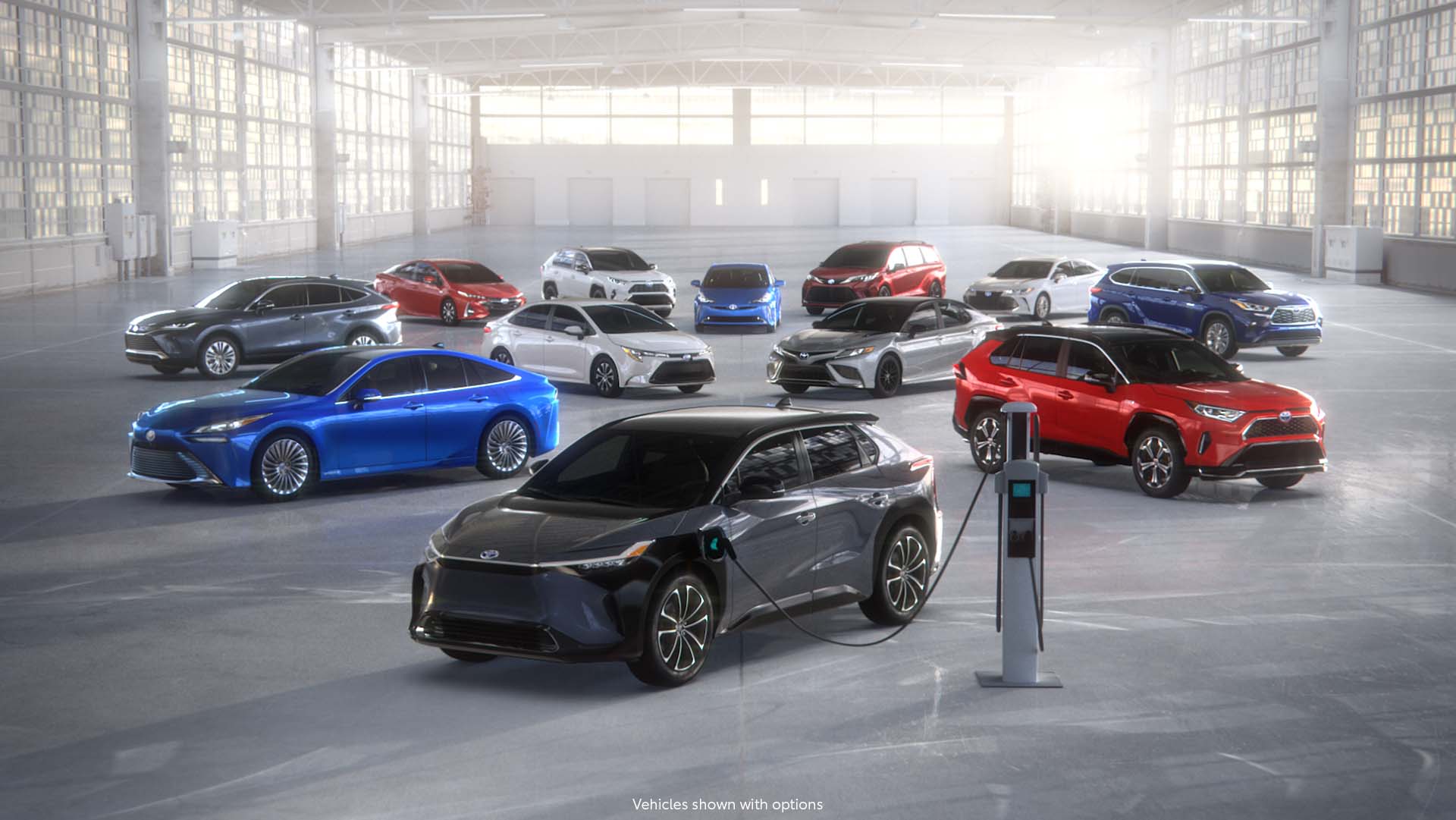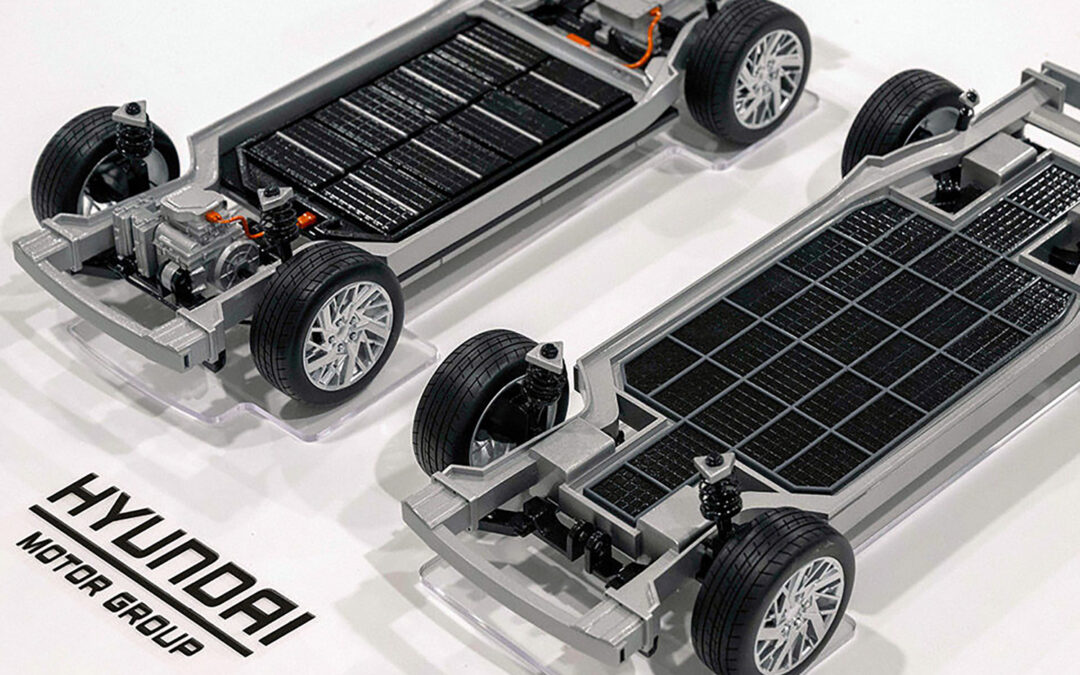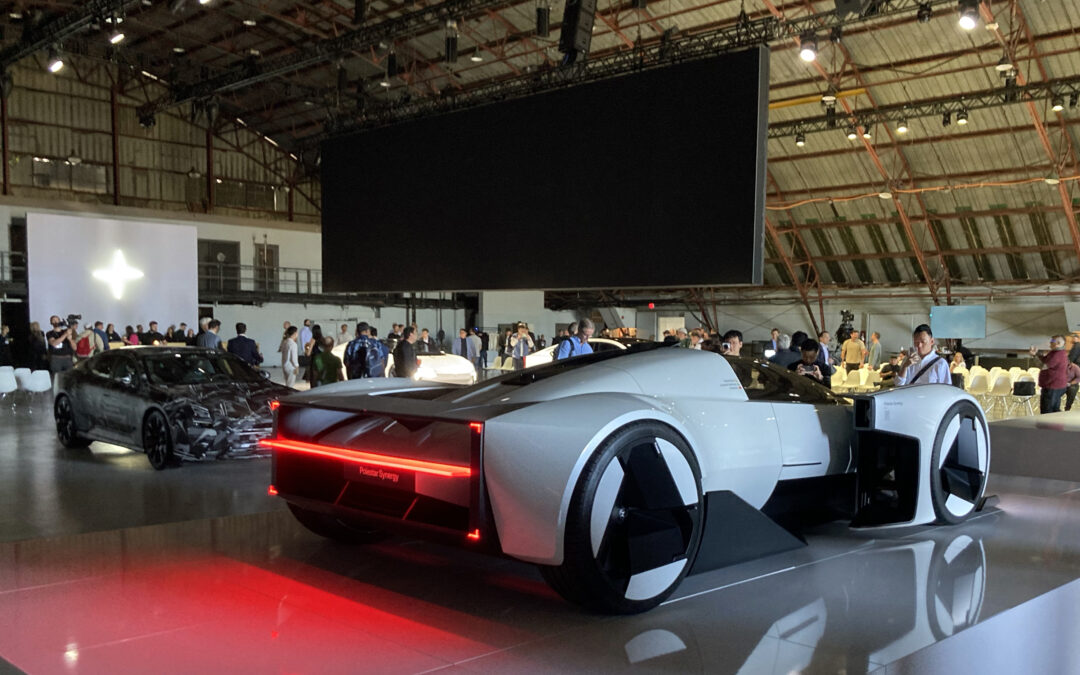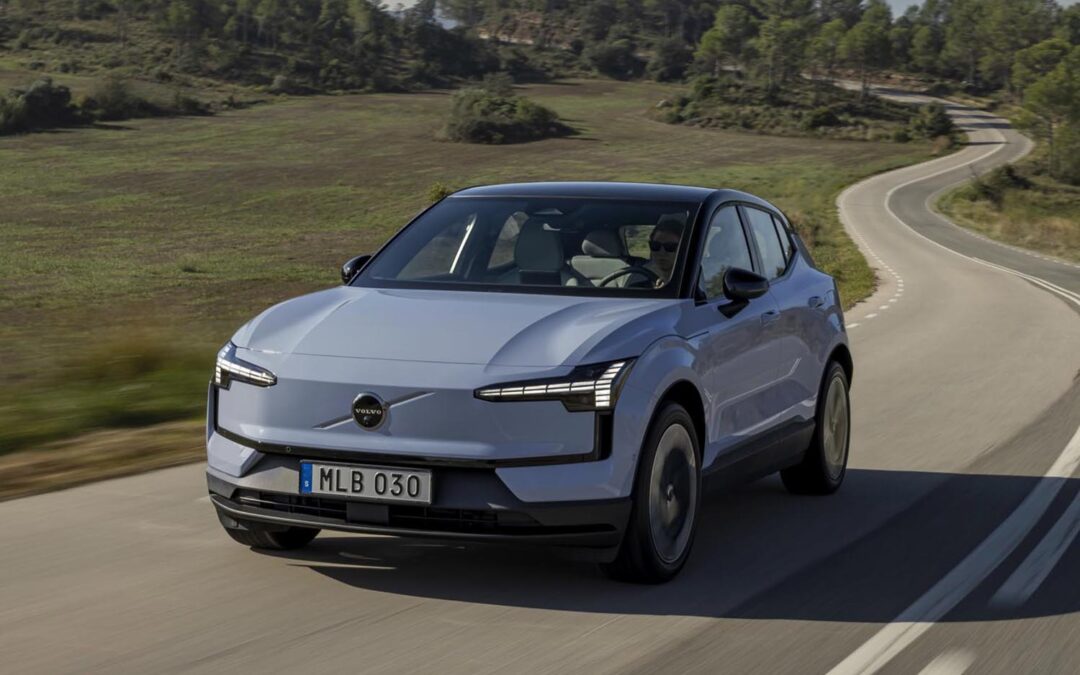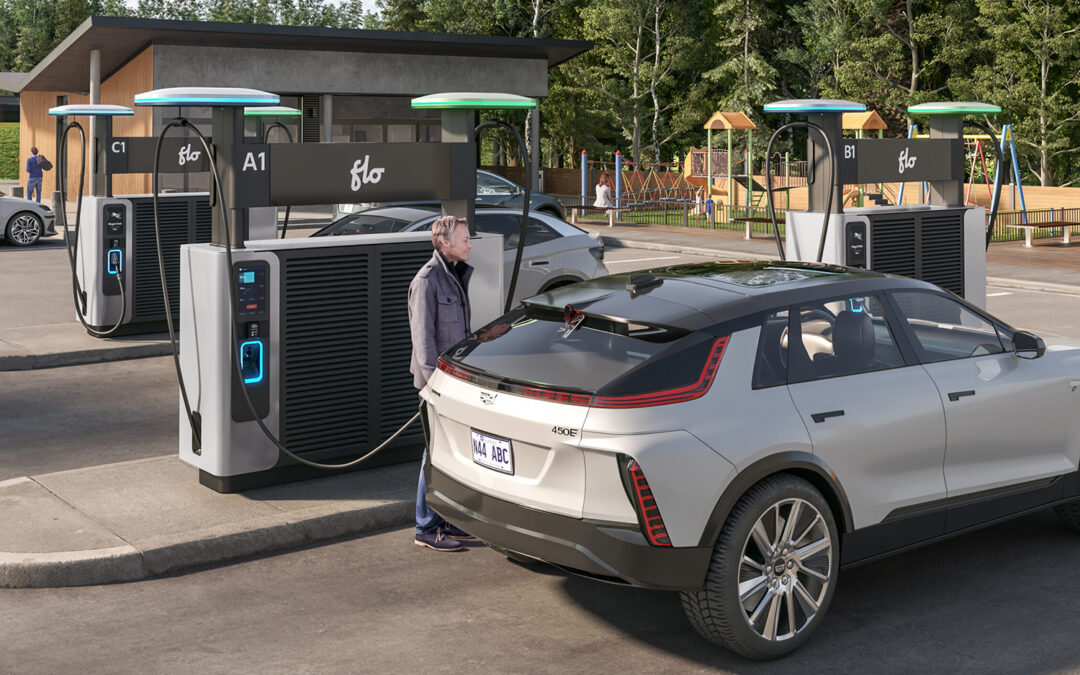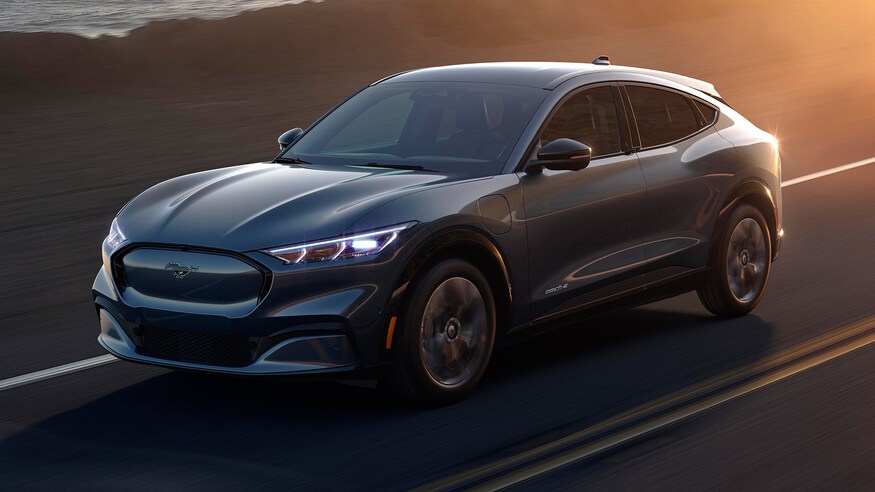In a surprising turn of events, Toyota has revealed plans to spend US$1.3 billion on a battery plant in the US, indicating a significant shift in their embrace of electric vehicle development.
Despite being an early adopter of hybrid vehicles, Toyota was found quietly lobbying policymakers in Washington, DC, to slow the automotive industry’s transition to an all-electric future in July of this year. With this recent development, it seems Toyota – the largest car company in the world – is finally ready to catch up with the rest of the industry, and increase its production of key components for both hybrid and electric vehicles in order to remain competitive and meet evolving fuel economy standards.
The legacy automaker’s promises to spend US$3.4 billion ($4.2 billion) on battery investments in the US through 2030, including the US$1.3 billion ($1.6 billion) on the battery plant, which will employ 1,750 workers. Toyota will reportedly reveal the location of the plant by the end of this year.
Toyota’s official shift into the EV market comes on the heels of a number of major automakers announcing plans to invest heavily in EVs and battery production assembly plants over the next 10-20 years. According to the announcement, Toyota’s plans for electrified vehicles (both hybrid and electric) will make up 70 per cent of its US sales by 2030.
